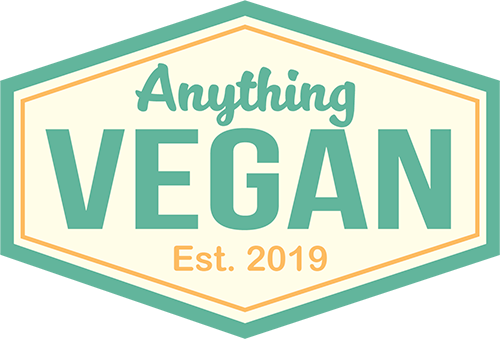What are the best plant-based sources of protein for vegans?

In recent years, the vegan lifestyle has gained immense popularity, with many individuals choosing to adopt a plant-based diet for ethical, environmental, and health reasons. As a vegan, you might wonder about the best protein sources to ensure you meet your daily protein needs, especially if you're an active individual looking to build muscle.
But the quest for protein doesn't end with humans alone; it also extends to our furry friends. We've got you covered if you're interested in vegan dog food to support your four-legged companion's muscle development. In this comprehensive guide, we'll explore the best dog food to provide protein for vegans and delve into the world of vegan dog food to help your pet build muscle healthily.
Plant-Based Protein for Vegans
As a vegan, you have a variety of delicious and nutritious plant-based protein sources to choose from. Let's dive into the best options:
1) Legumes: Legumes are a protein powerhouse for vegans. Lentils, chickpeas, black beans, and peas are excellent protein sources. They're versatile and can be used in various dishes, from soups to salads to veggie burgers.
2) Tofu: Tofu, also known as bean curd, is a soy-based product that's rich in protein. It's a staple in many vegan diets and can be grilled, stir-fried, or blended into smoothies for a protein boost.
3) Tempeh: Like tofu, tempeh is made from soybeans but is fermented, which makes it even easier to digest. It's a great source of protein and can be sliced, marinated, and used in sandwiches or salads.
4) Seitan: Also known as wheat gluten or wheat meat, seitan is a high-protein meat substitute made from gluten. It's commonly used in vegan dishes that mimic the texture of meat.
5) Nuts and Seeds: Almonds, peanuts, chia seeds, and hemp seeds are protein-rich. They make convenient snacks and can be sprinkled on your meals for an extra protein punch.
6) Whole Grains: Whole grains like quinoa, brown rice, and oats contain protein and essential nutrients. They can serve as a base for many vegan dishes and provide a sustained energy source.
7) Green Vegetables: While not as protein-dense as other sources, green vegetables like spinach, broccoli, and kale contribute to your daily protein intake and offer numerous health benefits.
8) Plant-Based Protein Powders: For those looking to supplement their protein intake, various plant-based protein powders are available. Options include pea, brown rice, and hemp protein, which can be added to smoothies or recipes.
Incorporating these plant-based protein sources into your diet allows you to meet your protein needs while enjoying a wide range of flavors and textures.
Vegan Dog Food for Muscle Development
Now, let's shift our focus to our canine companions and explore the world of best dog food designed to help build muscle in your pets. Vegan dog food is an excellent choice for those who wish to extend their ethical dietary choices to their furry friends. While dogs are typically omnivores, they can thrive on a well-balanced vegan diet.
The best vegan dog foods for muscle development include:
1) High-Quality Vegan Kibble: Look for vegan dog kibble made from plant-based proteins like peas, lentils, and chickpeas. It is necessary to keep a track of your dog’s nutritional content and feed them the best dog food.
2) Wet Vegan Dog Food: Wet dog food options with plant-based protein sources can be an excellent addition to your dog's diet. Make sure the product is fortified with essential vitamins and minerals.
3) Homemade Vegan Dog Meals: If you prefer a DIY approach, you can prepare homemade vegan dog food using ingredients like brown rice, sweet potatoes, and plant-based protein sources such as tofu or tempeh. Consult your veterinarian to ensure the recipe meets your dog's specific needs.
4) Vegan Dog Supplements: To ensure your dog receives all the necessary nutrients for muscle development, consider adding vegan dog supplements, such as vitamin B12, omega-3 fatty acids, and taurine.
Before transitioning your dog to a vegan diet, consult a veterinarian or canine nutritionist to ensure the diet is appropriate for your pet's needs. Monitoring your dog's health and well-being during the transition is crucial.
For vegans and their canine companions, achieving muscle growth and overall health on a plant-based diet is possible. By incorporating the best plant-based protein sources into your diet and selecting high-quality vegan dog food, you can pursue a compassionate and healthy lifestyle for yourself and your furry friend. Remember that consulting with professionals, such as a registered dietitian for humans and a veterinarian for your dog, is essential to ensure that you and your pet thrive on a vegan diet that promotes muscle development and overall well-being.

